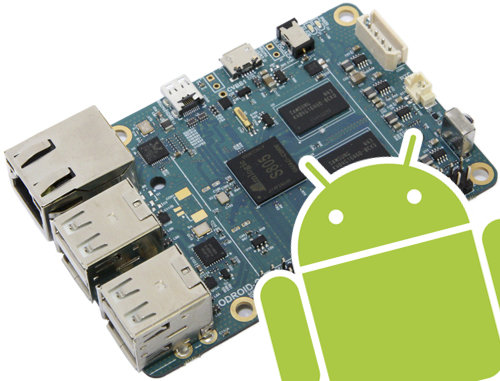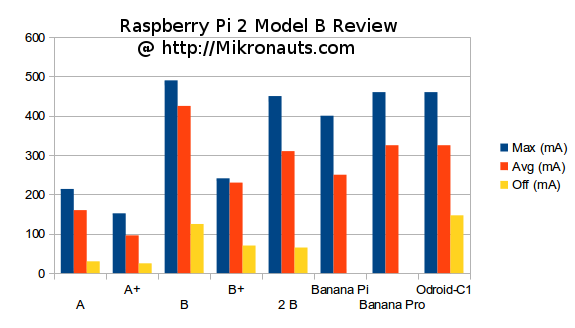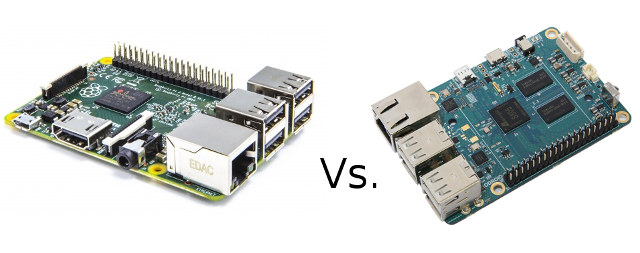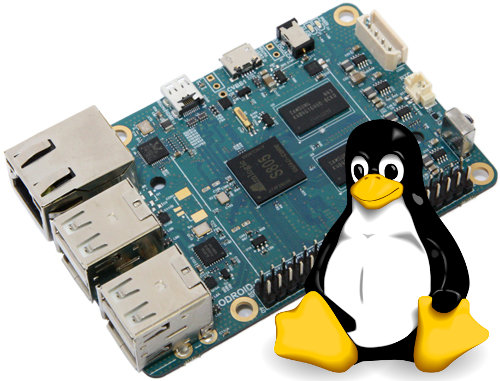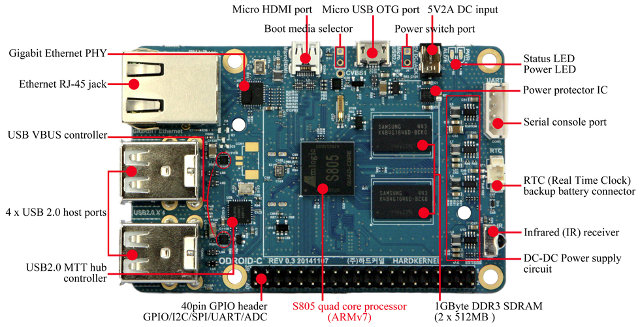ODROID-C1 development board was launched on December 10, 2014, and a few days later U-boot and Linux source code was released for this low cost Amlogic S805 board, but Android was only due later due to licensing issues. I’ve just noticed Hardkernel uploaded Android 4.4 source code to github at the end of February. The build instructions are provided on ODROID-C1 wiki, and there are quite straightforward. You’ll need to type four command lines to get the code in a working directory:
|
1 2 3 4 |
mkdir odroid-c1 cd odroid-c1 repo init -u https://github.com/hardkernel/android.git -b s805_4.4.2_master repo sync |
and three more to build an Android image:
|
1 2 3 |
source build/envsetup.sh lunch odroidc-eng make -j8 |
All relevant binary files (system, userdata, bootloader, kernel…) will be located in out/target/product/odroidc/ directory, and can be flash to your board via fastboot. Alternatvely, you can create an Android SD card image (out/target/product/odroidc/selfinstall-odroidc.bin) with:
|
1 |
make selfinstall |
That means developers will be able to easily customize source code for ODROID-C1 board, but they should also be able use this base […]


